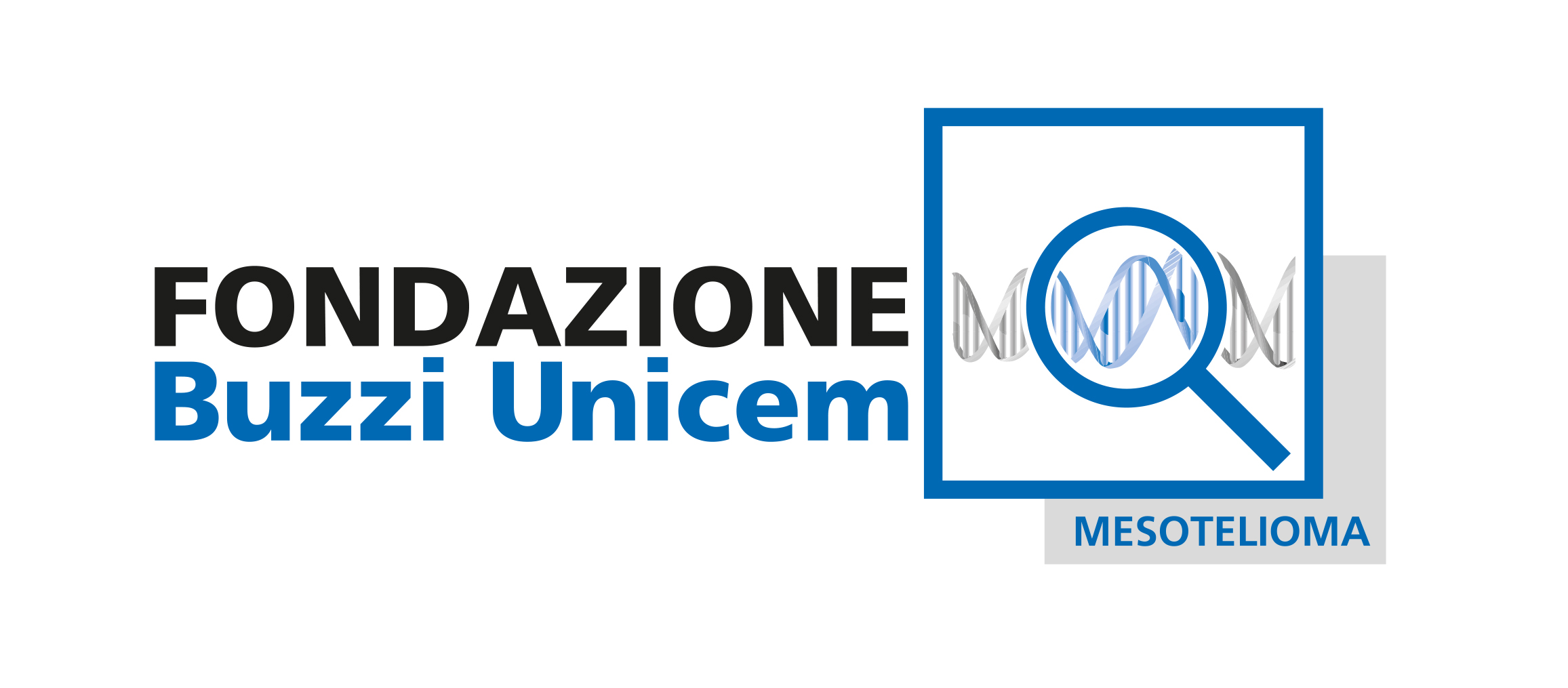Preclinical evaluation of new treatments for malignant pleural mesothelioma (MPM)
SUMMARY OF THE RESEARCH PROJECT
FUNDED BY THE BUZZI UNICEM FOUNDATION
PROJECT LEADER:
Laura Moro (PhD)
SITE:
University of Eastern Piedmont “A. Avogadro”
PROJECT STATUS:
Completed
RESEARCH SUMMARY:
The purpose of this project is to find effective treatments for mesothelioma based on the genetic features of the patient’s cancer, avoiding the side effects usually experienced with chemotherapy.
The researchers involved in this study have observed that the beta estrogen receptor (Erβ) is an important biomarker, whose expression in tissue samples of mesothelioma patients should be considered a favorable prognostic factor. Highly expressed ERβ is associated with epithelial mesothelioma, which is the most common, treatable isotope. The researchers also observed that this receptor appears to have a role in modulating cell proliferation and activating the epidermal growth factor receptor (EGFR). Treatment with inhibitors of this receptor, such as gefitinib administered alone or in combination with ALK inhibitors, may be useful.
Other recent research also suggests that there may be a link between Erβexpression and energetic metabolism, which could be a rationale for combining ERβ agonists and glycolytic inhibitors. ERβ agonists potentiate glycolytic inhibitors and can increase the anticancer effect of cisplatin in combination with pemetrexed, including in vivo (murine models).
The researchers also focused on a study of a new mechanism of action of perifosine, an AKT inhibitor that inhibits the EGFR/MET-AKT1/3 pathway.
These discoveries have led to the rationale for defining a new translational approach to the treatment of mesothelioma that hopefully can be investigated soon in a study for patients.
Lastly, this research has led to the definition of mechanisms that can increase chemo-sensitivity through PARP1 inhibition, a protein involved in DNA repair.
The researchers have demonstrated how the PARP1 CO-338 inhibitor has a synergistic effect with cisplatin.
The goal of all these studies is to find a new and better therapeutic approach to MPM.
